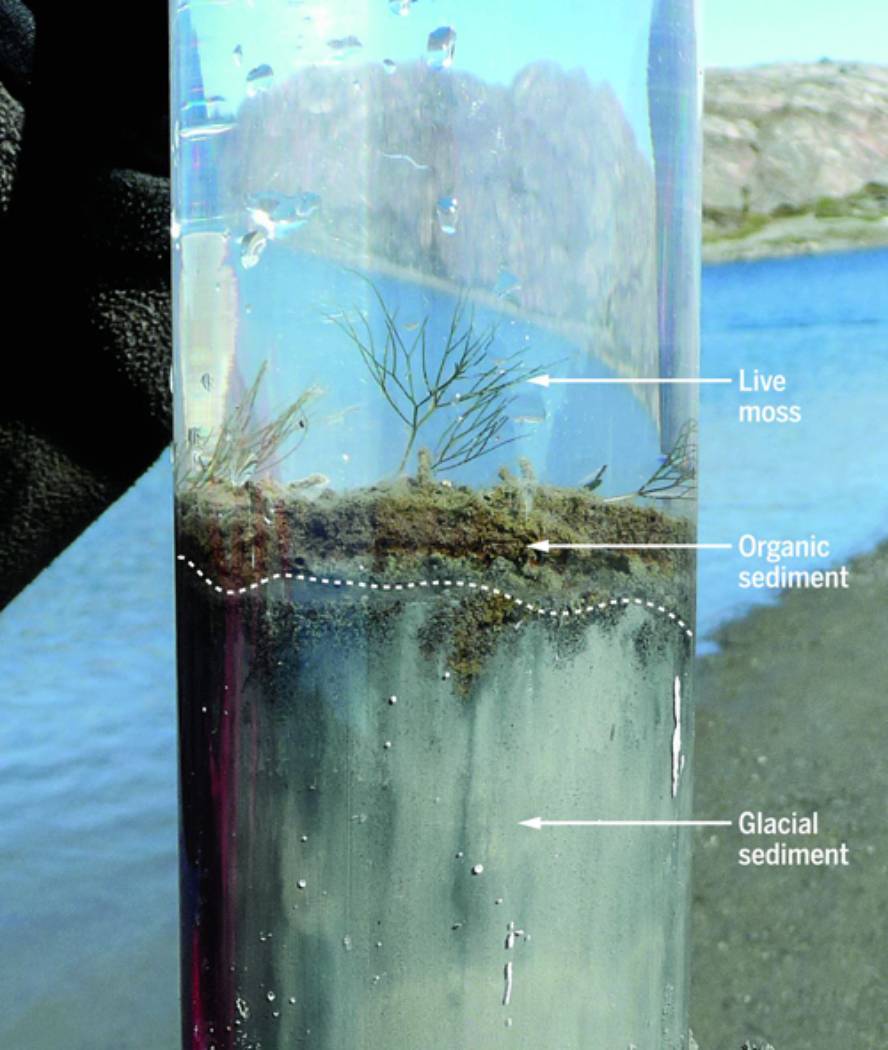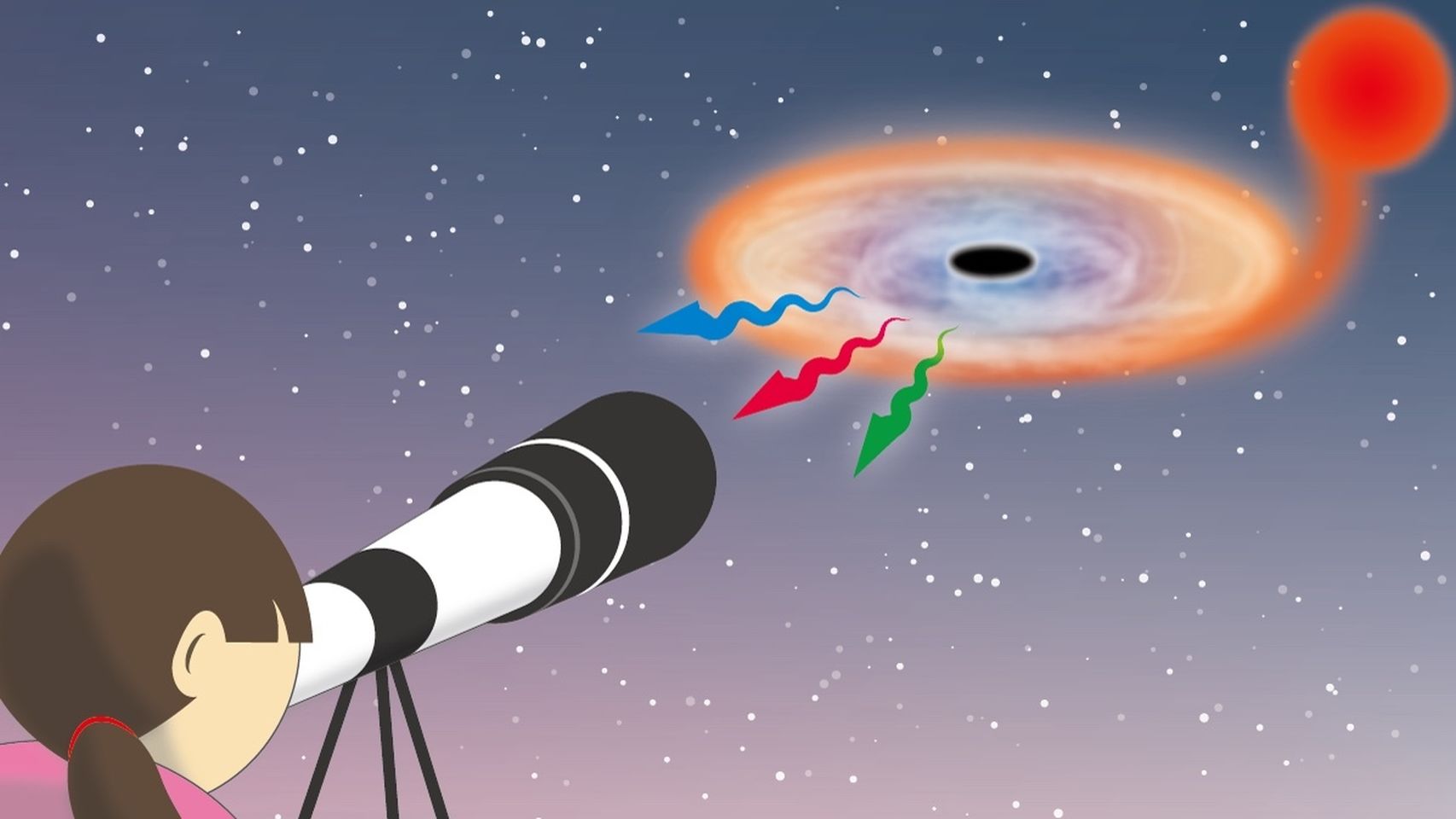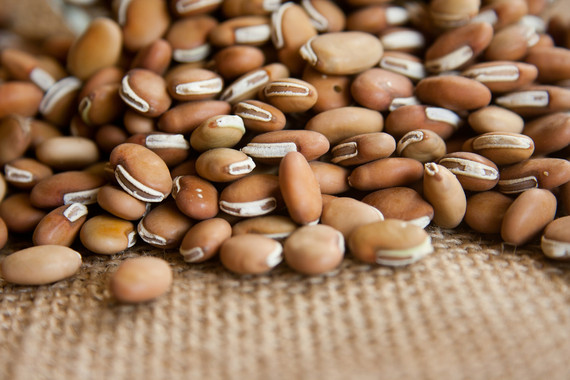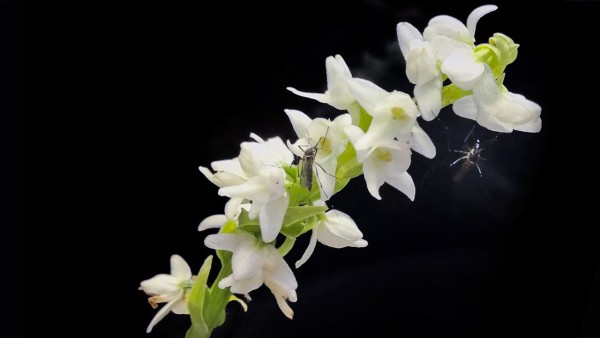Zientzia hedabideetan
-

Antropozenoa garai geologiko izendatzeko ebidentziak bildu dituzte
Hemendik milioi urte batzuetara Lurraren historiaren erregistro geologikoari begiratuko baliote, giza garai baten ebidentziarik ikusiko ote lukete? Edo, gizakiok erregistro geologikoan utzitako aztarnak, garai geologiko bat izendatzeko adinakoak al dira? Science aldizkari […]
-

¿Cómo se despertaba la gente cuando no había despertadores?
La cuestión nos lleva a preguntarnos sobre el origen de nuestra obsesión con medir los tiempos
-

Nuevo LED con proteínas luminiscentes
Científicos españoles y alemanes han descubierto una manera de empaquetar proteínas luminiscentes en forma de goma para crear un BioLED. Este innovador dispositivo emite una luz blanca a la que […]
-

El plan (secreto) con el que la NASA quiere llegar a Marte
La agencia no publicita la hoja de ruta para llegar al planeta rojo pero, poco a poco, comienza a dar indicios de la idea que tiene entre ceja y ceja […]
-

Abre los ojos, es un agujero negro
Investigadores japoneses descubren que, en ocasiones especiales, es posible observar agujeros negros con apenas un telescopio de 20 centímetros.
-

Alien life could thrive in ancient star clusters
Densely packed stars might allow civilizations to survive for many billions of years.
-

Cerebros y máquinas arreglan el mundo
Un nuevo enfoque en la llamada computación humana plantea posibles soluciones a retos como el cambio climático, los problemas geopolíticos o la investigación contra el Alzheimer.
-

¿Por qué las legumbres?
2016 ha sido declarado el Año Internacional de las Legumbres por la Organización de las Naciones Unidas (ONU). Con esta mención, la institución pretende mejorar los niveles de nutrición, promover el […]
-

Orchids give off human ‘body odor’ to attract mosquitoes
Orchids are masters of deception. To lure potential pollinators, some resemble nectar-laden flowers, yet offer no sweet reward. Others smell like rotting meat. Still others look and smell like female […]
